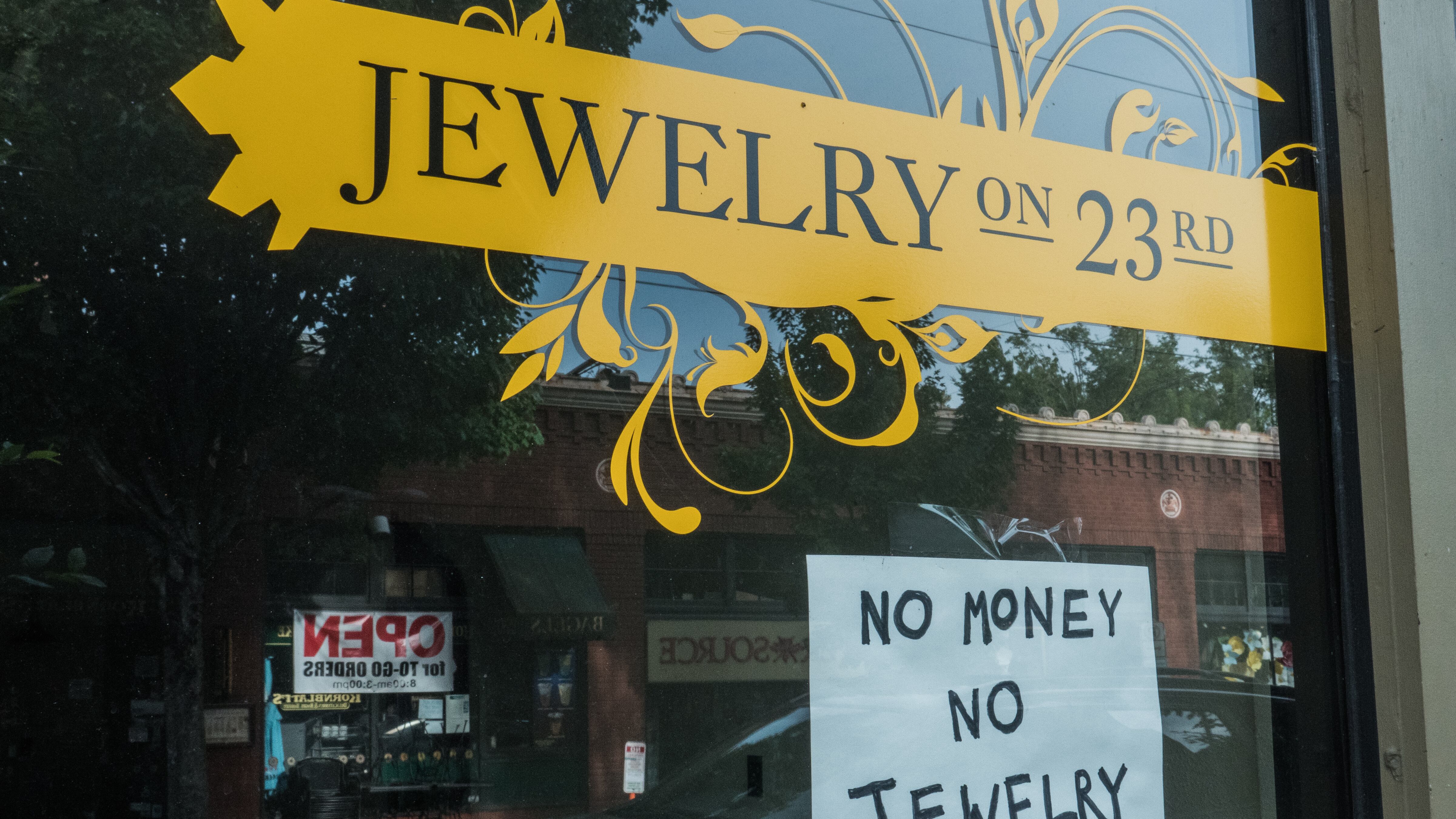In an analysis of the $4 billion Metro transportation measure on the November ballot produced for clients this week, the Portland accounting firm Moss Adams highlighted a previously unreported fact: The language defining the measure, which has been billed as a payroll tax, could allow Metro to levy a tax on all compensation of affected employees, not just their salaries.
"The ordinance as written imposes the tax on remuneration for services performed, including the cash value of all non- cash remuneration," Moss Adams told clients.
The accounting firm says that could mean taxing health care benefits, money deducted pretax for retirement contributions, etc.
That could increase the amount taxed by 30% or more.
Moss Adams notes that the TriMet payroll tax, upon which Metro modeled its measure, does not cover non-cash compensation.
"The TriMet tax wage base excludes several forms of remuneration, including certain agricultural wages and income exempt from tax. Without a significant modification, Metro's proposal could tax all of these items," the analysis says. "The [Metro] ordinance doesn't contain any exclusions or refer to the definition of wages for the TriMet tax."
Metro government affairs director Andy Shaw acknowledges the ordinance could allow Metro to tax non-cash compensation, but he says the agency doesn't intend to do that.
"Items like benefits, employee deferrals to retirement savings plans, etc., were not a part of our revenue estimates," Shaw says.
"As written in the Metro Council referral legislation, if the measure passes, the council will take further action to establish collection processes, code language and rules to implement the proposed transportation measure starting in 2022, similar to the work Metro is doing now to implement the Supportive Housing Services measure."
Moss Adams declined to comment.
